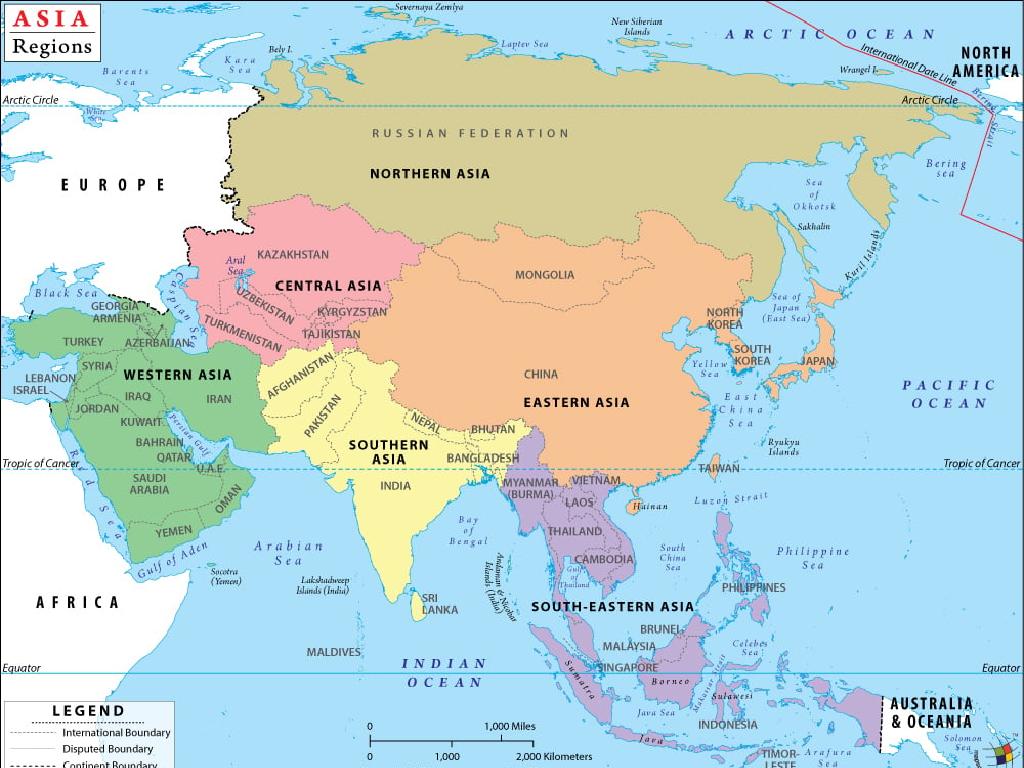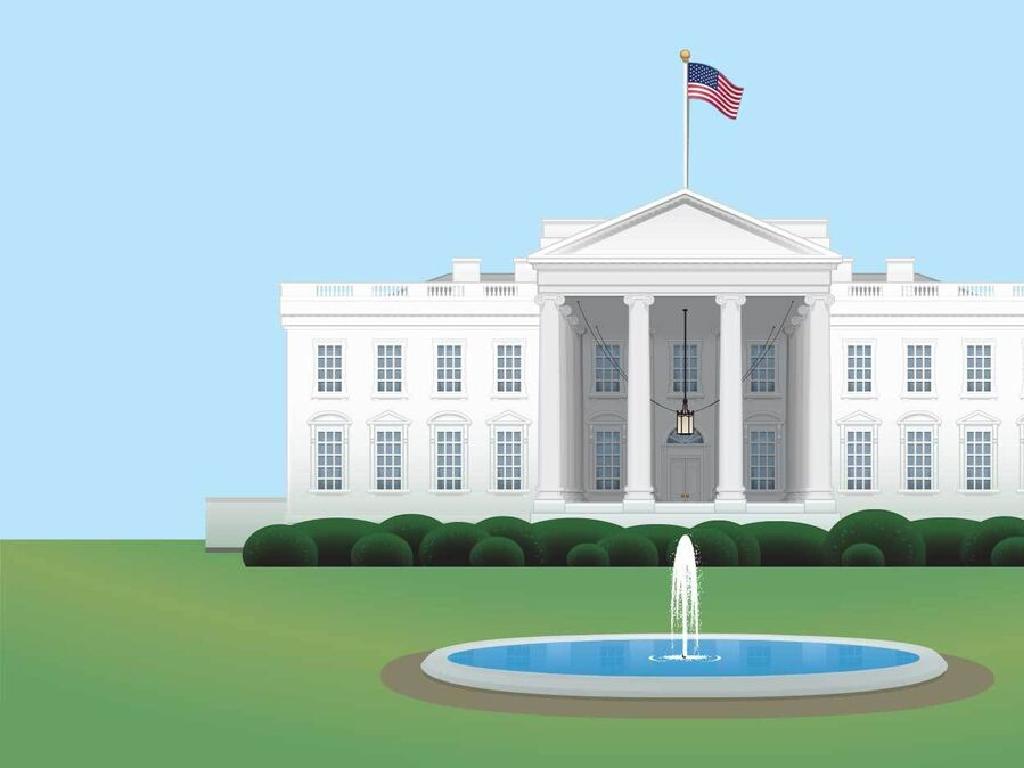The War Of 1812: Events And Effects
Subject: Social studies
Grade: Fifth grade
Topic: Early 19Th Century American History
Please LOG IN to download the presentation. Access is available to registered users only.
View More Content
The War of 1812: America’s Second Fight for Freedom
– What was the War of 1812?
– A conflict between the U.S. and Britain from 1812 to 1815
– Nicknamed ‘Second War for Independence’
– It’s called this because the U.S. fought again for its rights
– Key reasons for the war
– Issues included trade restrictions and impressment of sailors
– Significance in U.S. history
– The war shaped national identity and encouraged unity
|
This slide introduces the War of 1812, setting the stage for understanding its causes and effects. It’s important to convey to the students that this war, often overshadowed by the Revolutionary War, was crucial in solidifying America’s independence and sovereignty. Discuss the term ‘Second War for Independence’ to help them connect with the concept that the U.S. was once again fighting against British control. Highlight the key reasons such as trade restrictions imposed by Britain and the forced service of American sailors into the British Navy, known as impressment. Emphasize the war’s significance in American history, including how it fostered a sense of national pride and unity, and led to the era known as the ‘Era of Good Feelings’. Encourage students to think about how this war might have impacted the young nation’s future.
Causes of the War of 1812
– Trade restrictions’ impact
– Britain’s limits on U.S. trade hurt our economy
– Impressment of U.S. sailors
– British forced American sailors to work on their ships
– Expansion desires
– Americans wanted to grow the country’s land
– Native American alliances
– Some Native tribes allied with the British against the U.S.
|
This slide introduces students to the complex causes leading to the War of 1812. Emphasize how trade restrictions imposed by Britain affected American merchants and led to economic difficulties. Discuss impressment, where the British Navy would capture American sailors and force them to work on British ships, infringing on American sovereignty. Highlight the American settlers’ desire to expand westward, which led to conflicts with Native American tribes and the British support of those tribes. Use maps to show disputed territories and trade routes to provide visual context. Encourage students to consider how these factors created tensions that ultimately led to war.
Major Events of the War of 1812
– War declaration and reaction
– June 18, 1812, Congress declared war, mixed reactions among Americans.
– Key battles highlighted
– Important battles shaped the war’s outcome.
– The Burning of Washington
– British troops set fire to landmarks in 1814.
– Battle of New Orleans
– American victory, led by Andrew Jackson, even after the war ended.
|
This slide aims to give students an overview of the pivotal moments during the War of 1812. Start by discussing the declaration of war by President James Madison and the varied public reaction, which ranged from support to protest. Highlight the key battles, particularly the Burning of Washington, where British forces burned the White House and Capitol, and the Battle of New Orleans, which was a significant American victory under General Andrew Jackson. Emphasize the importance of these events and figures in shaping American history. Encourage students to think about the effects of these events on the nation’s development.
Life During the War of 1812
– Daily life impact for Americans
– Civilians faced uncertainty and disruptions in their daily routines.
– Soldier & family hardships
– Families often struggled with absence and loss of soldiers.
– War’s economic consequences
– Trade restrictions and blockades led to shortages and job losses.
– Patriotism & national identity
– Despite challenges, a sense of unity and American pride emerged.
|
This slide aims to explore the various effects of the War of 1812 on American life. It’s important to convey to students that wars not only involve battles but also deeply affect the lives of everyday people. Discuss how civilians had to adapt to the uncertainties of war, including potential danger and supply shortages. Highlight the personal sacrifices made by soldiers and their families, such as long separations and the loss of loved ones. Address the economic struggles caused by the war, including trade issues and financial instability. Finally, discuss the rise in patriotism and the development of a stronger national identity that resulted from the shared challenges of the war. Encourage students to think about how these factors might influence a country’s history and its people’s way of life.
The Treaty of Ghent: Ending the War of 1812
– Negotiations ended the war
– Peace talks in Ghent, Belgium stopped the fighting
– Terms of the Treaty of Ghent
– Returned territories, no land gains, recognized pre-war boundaries
– Treaty’s significance to America
– It restored relations and trade between America and Britain
– Long-term effects on the nation
– America gained international respect and patriotism surged
|
The Treaty of Ghent was signed on December 24, 1814, in Ghent, Belgium, effectively ending the War of 1812 between the United States and Great Britain. The negotiations led to the cessation of hostilities and restored the territorial status quo. The treaty is significant as it marked the end of conflicts between the two nations and allowed for peaceful trade to resume. In the long term, the treaty bolstered American nationalism and the country’s standing on the international stage. Discuss with students how this treaty laid the groundwork for future American diplomacy and growth. Encourage them to think about how resolving conflicts can lead to long-term benefits for a nation.
Effects of the War of 1812
– Boost in American pride
– People felt more united and proud of their country.
– Growth in economy and industry
– America started making more goods and relied less on other countries.
– Shifts in foreign policy
– The U.S. began to focus more on its own interests abroad.
– Military improvements
– The war led to a stronger and more organized military.
|
The War of 1812 had significant impacts on the United States. It fostered a sense of nationalism, as Americans felt a renewed pride in their nation’s ability to stand up to British forces. Economically, the war stimulated industrial growth, as the U.S. moved towards self-sufficiency due to disrupted trade with Britain. This period saw the beginning of the ‘American System’ of economics, which aimed to protect U.S. industries. Changes in foreign policy were marked by the Monroe Doctrine, which warned European powers against further colonization in the Americas. Lastly, the experience gained during the war led to a more disciplined and professional military, setting the stage for future conflicts. This slide will help students understand the long-term effects of the War of 1812 on the United States’ development.
Remembering the War of 1812
– Origin of The Star-Spangled Banner
– Written by Francis Scott Key during the 1814 Battle of Baltimore
– Legacies of war heroes
– People like Andrew Jackson became famous for their bravery
– Commemorating the War today
– We remember through monuments and history lessons
|
This slide aims to help students understand the lasting impact of the War of 1812 on American culture and history. The Star-Spangled Banner, now the national anthem, was inspired by the sight of the American flag still flying after a night of intense battle. War heroes, such as Andrew Jackson, emerged with legacies that would shape the future of the United States. Today, we honor the War of 1812 through various forms of commemoration, including monuments, museums, and educational curricula, ensuring that the lessons and sacrifices of that time are not forgotten. Encourage students to reflect on the importance of remembering historical events and to discuss different ways we can honor those who have served our country.
Class Activity: Treaty of Ghent Role-Play
– Reenact Treaty of Ghent negotiations
– Divide into groups with different interests
– Present terms for peace
– Engage in debate to reach an agreement
|
This interactive class activity is designed to help students understand the complexities of treaty negotiations and the various interests involved in the Treaty of Ghent, which ended the War of 1812. Divide the class into small groups, each representing different political and national interests of the time. Provide each group with a set of goals they should aim to achieve in the treaty. Encourage students to think from the perspective of their assigned role and come up with terms for peace that would benefit their party. Facilitate a class-wide debate where groups negotiate and try to reach a mutually agreeable treaty. Possible roles include British diplomats, American diplomats, and representatives of affected groups such as merchants or soldiers. This activity will foster negotiation skills and a deeper understanding of historical events.






